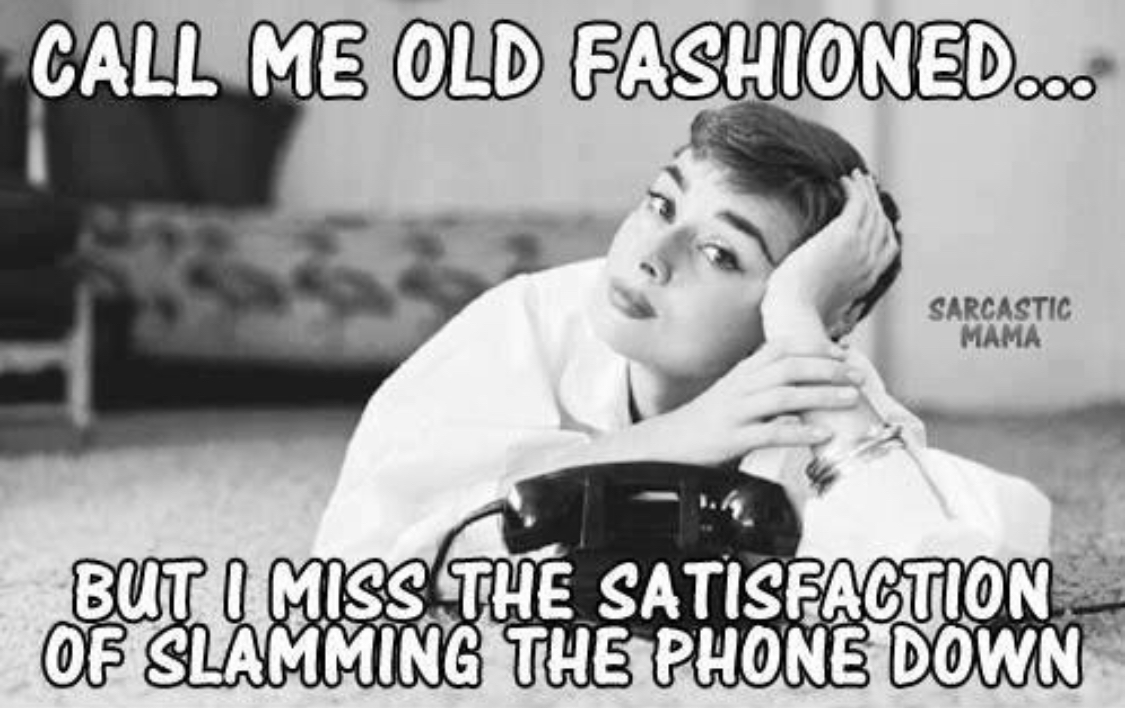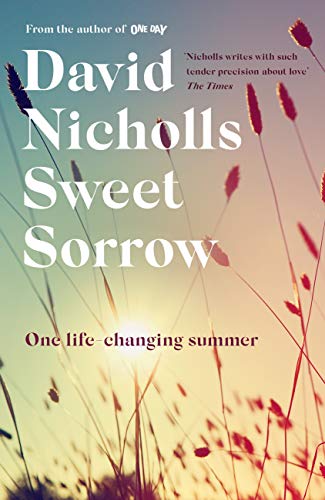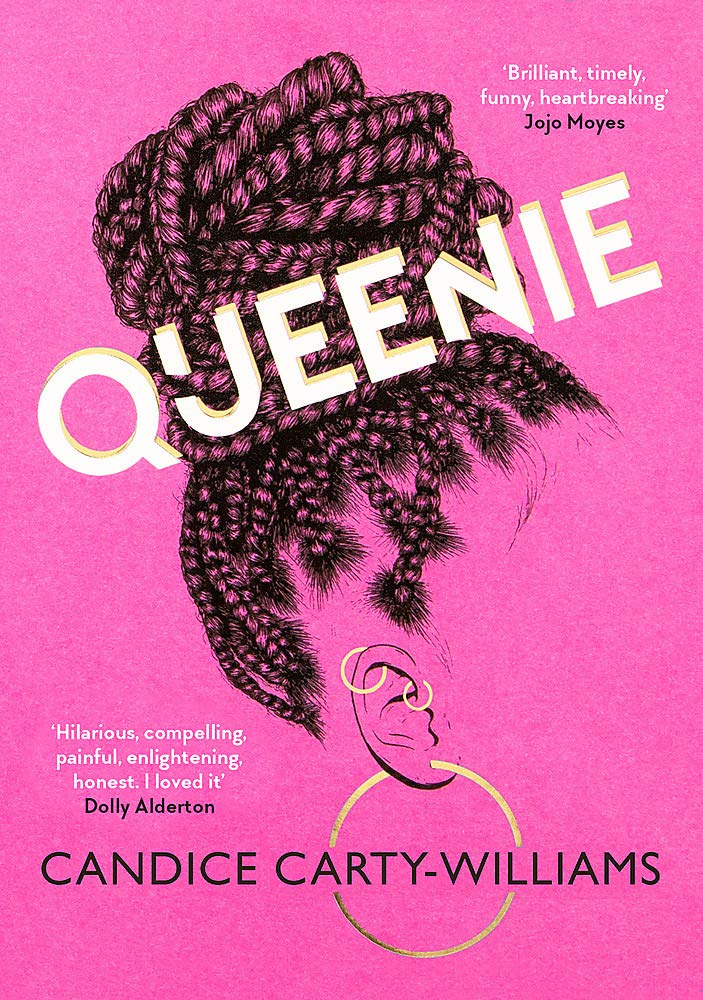
I’m in the middle of writing my second novel – working title Eight Messengers, although one of the messengers is currently refusing to play ball, so it may well turn into Seven Messengers. Then, of course, my agent and my editors will start wading in, and it could become Four Messengers. And by the time we’ve done several rounds of structural, line and copy edits, it’ll be The Lone Messenger. Or something else entirely.
There is nothing more daunting than starting again, staring at a blank page, especially since I have convinced myself that my first novel, which is being published in the spring, is going to be a total flop. I have obviously been fooling everyone, including myself, pretending to be an author, and I might as well hang up my laptop now and stick to writing shopping lists and inane tweets about my puppy.
(If you are interested in reading inane tweets about my puppy, you can find me on twitter, @cpooleywriter. Oh God, I may have to change my twitter handle to @cpooleyunemployed).
During one of my bleakest moments, I managed to extricate my head from the giant piece of cake I’d been mainlining in despair for long enough to Google how do I write a novel? Google suggested a book called Bird by Bird. Some Instructions on Writing and Life, by Anne Lamott, which sounded like it could be the answer.
It turned out that it really is the answer, not only to several of the problems I was having with my writing, but to many of the issues I’ve come across in life.
Anne tells this story:
“Thirty years ago my older brother, who was ten years old at the time, was trying to get a report on birds written that he’d had three months to write. It was due the next day. We were out at our family cabin in Bolinas, and he was at the kitchen table close to tears, surrounded by binder paper and pencils and unopened books on birds, immobilised by the hugeness of the task ahead. Then my father sat down beside him, put his arms around my brother’s shoulder, and said, ‘Bird by bird, buddy. Just take it bird by bird.'”
This, I realised, was exactly my problem. I’d become immobilised by the enormity of the project, by the fear of having to extricate ninety thousand words of story from my own head. (And, as my husband likes to tell people, she can’t just write down any old words, you know. They have to be in the right order and everything. He is, as you can see, very proud of me).
All I needed to do, said Anne, was to focus on one bird at a time. Because the truth is, if you can write one good sentence, you can write a good paragraph. And a few good paragraphs become a chapter. String a number of those together and eventually you have a whole book.
This mindset was so transformational, that I started thinking about the other major hurdles I’d encountered in my life (instead of focussing on the aforementioned novel).
Four years ago, I quit drinking, which – after years of downing more than a bottle of wine a day – was not an easy thing to do. I read everything I could get my hands on about how to get, and stay, sober, and pretty much everyone seemed to agree that the key to success was taking one day at a time.
I understood the importance of this, since the thought of never, ever being able to have a glass of red wine with Christmas lunch, a toast of champagne at a wedding or a nightcap by the fire on a snowy evening filled me with utter despair. Again, the enormity of the task was overwhelming. Even the idea of one day – twenty four hours – without something to take the edges off seemed insurmountable.
But I found the thought of having to take one day at a time rather depressing. It made me feel as though I was never going to beat this. I’d never be able to look into the future with hope and optimism; I was always going to be stuck in the mundanity of the present moment.
What I wish I had done instead was to tell myself this: Bird by bird, buddy. Just take it bird by bird. Because that was what I did. I faced each challenge as it came – the first twenty-four hours, the first Friday night, the first sober party, the first sober birthday, the first *whisper it* sober sex.
And the amazing thing about taking it bird by bird, is that eventually you end up with something. You create a whole, beautifully bound and illustrated record of penguins and emus and lesser spotted woodpeckers. And you know that if you can complete that huge project so successfully, then you can do it again.
Which was just as well, because eight months after I quit drinking, I was diagnosed with breast cancer.
And, yet again, the enormity of the situation was overwhelming. As soon as I started looking ahead to all the things I was going to have to face – telling my children that mummy has cancer, having part, or all, of my boob removed, radiotherapy, potentially chemotherapy, a life lived in fear of recurrence and spread – I would be frozen with terror.
What I learned was to take it bird by bird. I realised that I could only focus on the very next hurdle, whether that was an MRI scan, a sentinel node biopsy, or getting through a class coffee morning without breaking down.
Eventually, all those birds added up to a whole project, which I handed in, received my ‘all clear for the time being’, which is a kind of B+ in the oncology world, and now I just need to hope that I’m never called back for a re-mark.
As you can probably tell, I’ve developed a bit of a girl crush on Anne Lamott, so I looked up her fabulously wise and witty TED talk: Twelve Truths I Learned from Life and Writing, and, in one of those strange co-incidences, it turns out that she recently quit alcohol too. Anne says:
“In the end, I was deteriorating faster than I could lower my standards.”
Anne Lamott
…which I am seriously plagiarising whenever I’m asked why I don’t drink.
So, if you’re trying to stop drinking, or write a novel, or deal with any of life’s major challenges, just whisper to yourself bird by bird, buddy. I promise, it’ll help.
If you’d like to read more about my first year without alcohol, you can find my memoir (described as Bridget Jones Dries Out), The Sober Diaries, here.
There’s more on the Life In the Hot Lane Facebook Page, including a fabulous piece by Lisa Timoney on why we shouldn’t dress for our age. ‘Like’ page to stay updated.













